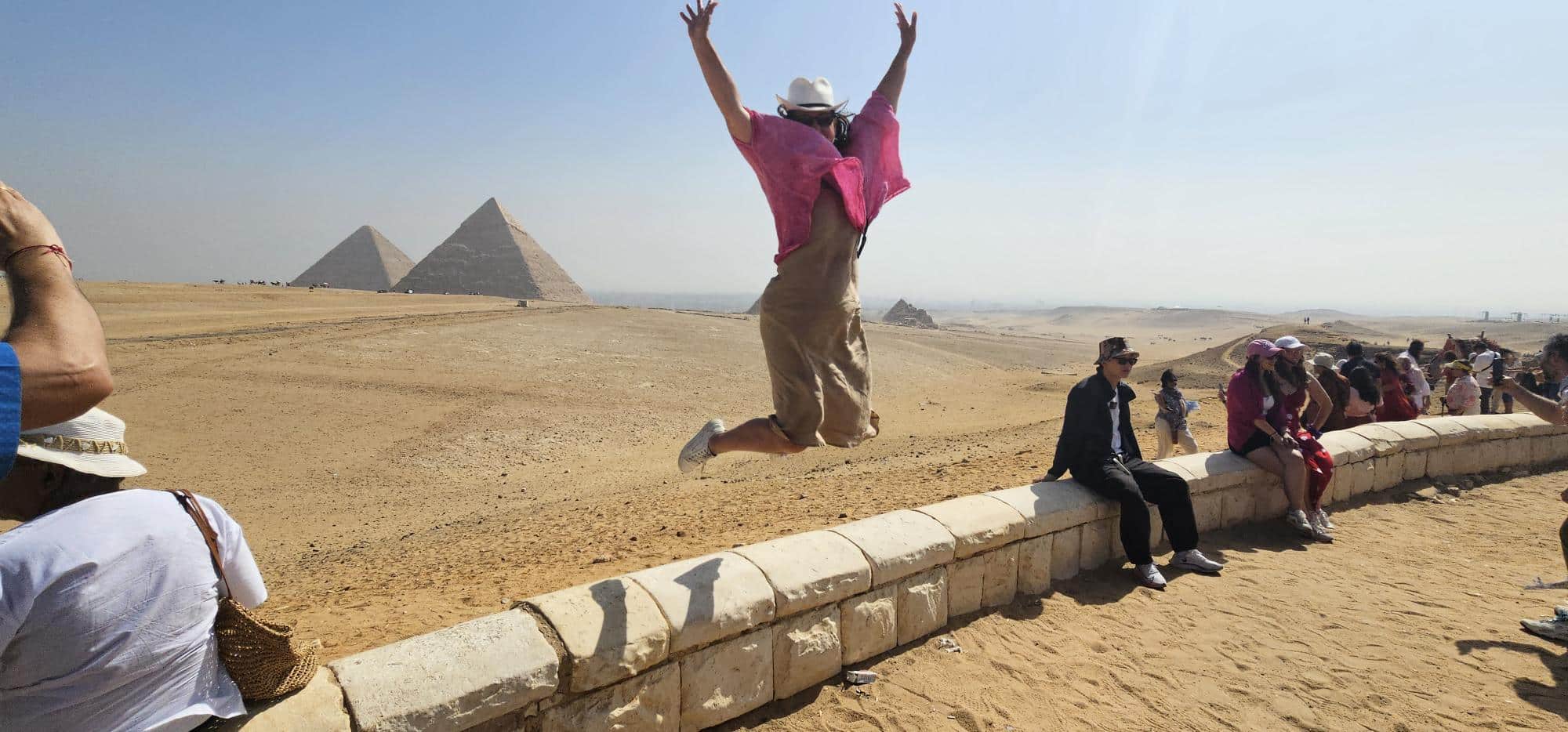Samoa travel information
Weather & climate
Samoa is located close to the equator and has a consistent warm, humid, and tropical climate. There is little variation of temperature, which averages 24-30° Celsius year round. Sea temperature average in the low 20s Celsius; perfect for swimming and water activities throughout the year. The dry season is from May to October, and the wet season from November to April. The wet season varies in regards to rainfall, and can bring brief showers to intense thunderstorms.
Passports & visas
Australian and New Zealand passport holders don’t require a visa. You will, however, need a current passport with two blank pages and six months’ validity from the date you return home, along with a return air ticket.
Health
Consult your GP or a travel doctor at least six weeks before you travel. You may be required or recommended to get vaccinations for measles, yellow fever, rabies, typhoid and hepatitis A & B, among others. Malaria is not an issue in Samoa, however Dengue fever, Chikungunya, and Zika virus may be present, and mosquito nets and insect repellent should be used. A yellow fever vaccination certificate is required for anyone entering Samoa from a yellow fever endemic country.
Getting there
Samoa has one international airport, Faleolo International Airport, located approximately 40kms from the capital of Apia on Upolu island. You can fly to Upolu direct from Sydney and Brisbane, and via New Zealand.
Savai’i island can be accessed by a 45 minute ferry ride from Mulifanua Wharf, or by private charter boat. Charter flights between Upolu and Savai’i are also available. The surrounding smaller islands can also be reached by boat.
Getting around
There are a number of ways to get around Samoa. You can explore Samoa by private guide and vehicle or enjoy the adventure of a self drive exploration with a hire car. Local services are also a fun way to get around, with taxis and local buses, along with charter boats to go between islands. You can also head out to explore on foot with walking and hiking trails, and by bicycle.
Currency & language
The local currency is the Samoan Tala (T$), which is made up of 100 sene (cents). Banks and ATMs are available at Faleolo International Airport, in Apia on Upolu Island, and in Salelogo on Savai’i Island, along with currency exchange services at the airport and in Apia. Credit cards are accepted in Samoa, though not widely. Cash is best for most restaurants, shops, markets etc. You will be charged a bank fee for each credit card transaction. Samoan is the official language, and English is widely spoken.
Are you ready for Samoa?
We tailor holidays and handpick tours to suit you.
